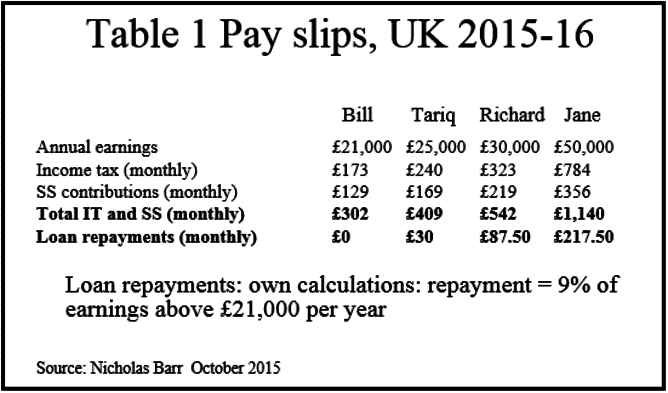South Africa is Facing an Ecological Disaster
Environmental justice is a travelling discourse, which has taken on distinctive meanings in different parts of the world. South Africa is no exception. As a mobilising force, the concept emerged from the US where it developed 50 years ago in opposition to practices identified by black communities as “environmental racism.”
The introduction of the concept in South Africa took place at a conference of environmental activists in 1992. Tackling environmental racism was central to the process of democratisation, especially between 1992 and 1994.








